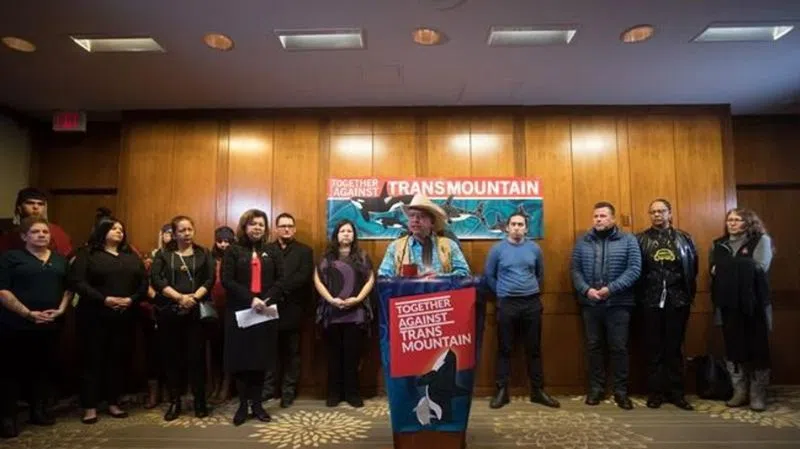
UN racism committee calls for halt to Site C, Trans Mountain and LNG pipeline
VANCOUVER — A United Nations committee working to end racism is urging Canada to immediately stop the construction of three major resource projects until it obtains approval from affected First Nations.
The Committee on the Elimination of Racial Discrimination, which monitors a convention to end racial discrimination signed by countries including Canada, is calling for a suspension of the Trans Mountain pipeline expansion, Site C dam and Coastal GasLink pipeline.
The committee, made up of 18 experts, says in a written directive last month that it is concerned by the approval and construction of the three projects without the free, prior and informed consent of impacted Indigenous groups.
It also says it’s disturbed by law enforcement’s “forced removal, disproportionate use of force, harassment and intimidation” and “escalating threat of violence” against Indigenous Peoples.


